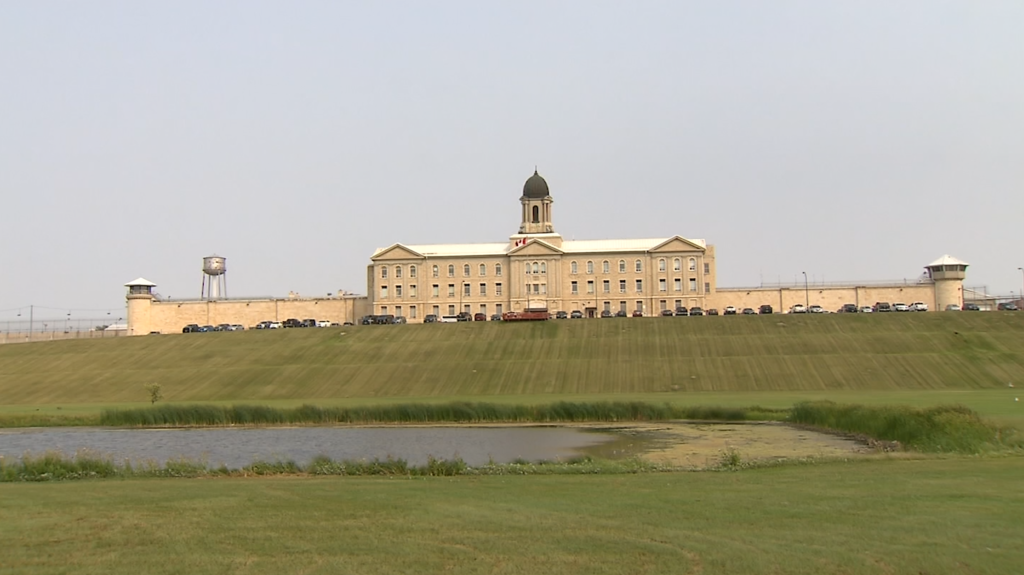Federal budget 2022: Taxes changes and other things to know

Posted April 7, 2022 3:48 pm.
While housing remains the main focus in the federal Liberal minority government’s latest budget, there are also a number of other measures proposed for the coming fiscal year.
From tax changes and increases for some to equity-seeking measures, here are some of the other plans listed in Budget 2022.
Read more: Federal budget 2022 focuses on housing amid affordability challenges
Near-beer and vape
Near-beer is about to get a little cheaper.
Currently, low-alcohol beer – described as beer with no more than 0.5 per cent alcohol by volume – is subject to the same excise duty as other beer. That’s not the case for low-alcohol wine and spirits, and Budget 2022 is proposing to bring all that in line.
The fiscal plan proposes to eliminate excise duty on low-alcohol beer as of July 1, 2022. The Liberals say such a move would bring Canada’s practices in line with other G7 nations.
Meanwhile, taxes on vaping products previously announced are set to come into effect this year, starting Oct. 1.
The excise duty rate proposed federally is $1 per 2mL for containers with less than 10 mL of vaping liquid. For those with more than 10 mL, the federal rate would be $5 for the first 10 mL and $1 for every additional 10 mL.
Nutritious meals for kids
Budget 2022 has a plan to create a National School Food Policy. The federal ministers for Agriculture and Agri-Food, and Families, Children and Social Development will work with provinces, territories, Indigenous partners, and other stakeholders over the coming year to develop the policy, which aims to ensure children can get nutritious food at school.
The Liberals cite the critical importance of healthy food for growth and learning. It notes nearly two million children in Canada are at risk of going to school hungry each day.
Menstrual products for those in need
Despite menstrual products being a basic necessity, Budget 2022 notes current barriers make access to such items difficult for many women, girls, trans, and non-binary people in this country. Difficulty in accessing menstrual products can affect a person’s ability to fully participate in society, the Liberals say, adding they are “committed to addressing the barriers related to affordability and stigma” that some people face.
The fiscal plan proposes $25 million over two years for a national Menstrual Equity Fund pilot project, making such products available to those in need.
Surrogacy, conception
Budget 2022 is proposing measures to help Canadians who are trying to become parents. The plan proposes allowing certain medical expenses, related to a surrogate mother or a sperm, ova, or embryo donor, incurred in 2022 and beyond to be claimed during tax season.
The budget also proposes fees paid to fertility clinics and donor banks to be eligible under the Medical Expense Tax Credit for this year and beyond.
Equity, diversity, inclusion
The minority government plans to put up $100 million over five years to implement a forthcoming LGBTQ2 Action Plan. As many people continue to face discrimination on the basis of their sexual orientation, gender identity, or gender expression, the Liberals say the plan will support a “fairer and more equal Canada” for our LGBTQ2 communities.
In addition to money to support LGBTQ2 communities, the Liberals’ budget also plans to provide $85 million over four years to support the launch of a new Anti-Racism Strategy and National Action Plan on Combatting Hate.
“The funding will support community projects that ensure that Black and racialized Canadians, and religious minorities have access to resources that support their full participation in the Canadian economy,” all while raising awareness about racism and hate in this country. In addition to this, $11.2 million over five years is planned to go into pushing back “against religious discrimination, hateful rhetoric, and racism at home and abroad.”
Taxes on banks
As part of its budget, the minority government is proposing a one-time 15 per cent tax on taxable income over $1 billion for banking and life insurer groups as part of a temporary Canada Recovery Dividend. The dividend on the 2021 tax year would be paid in equal installments over five years, the budget explains.
The budget also proposes a permanent increase on the corporate income tax rate of banking and life insurance groups above $100 million by 1.5 percentage points, “such that the overall federal corporate income tax rate above this income threshold will increase from 15 per cent to 16.5 per cent.”
The Liberals estimate these measures will result in about $6.1 billion raise over five years. The permanent tax measures is expected to raise $445 million ongoing.
Ensuring a more fair tax system was among the demands listed by the NDP as part of its deal with the Liberals.








